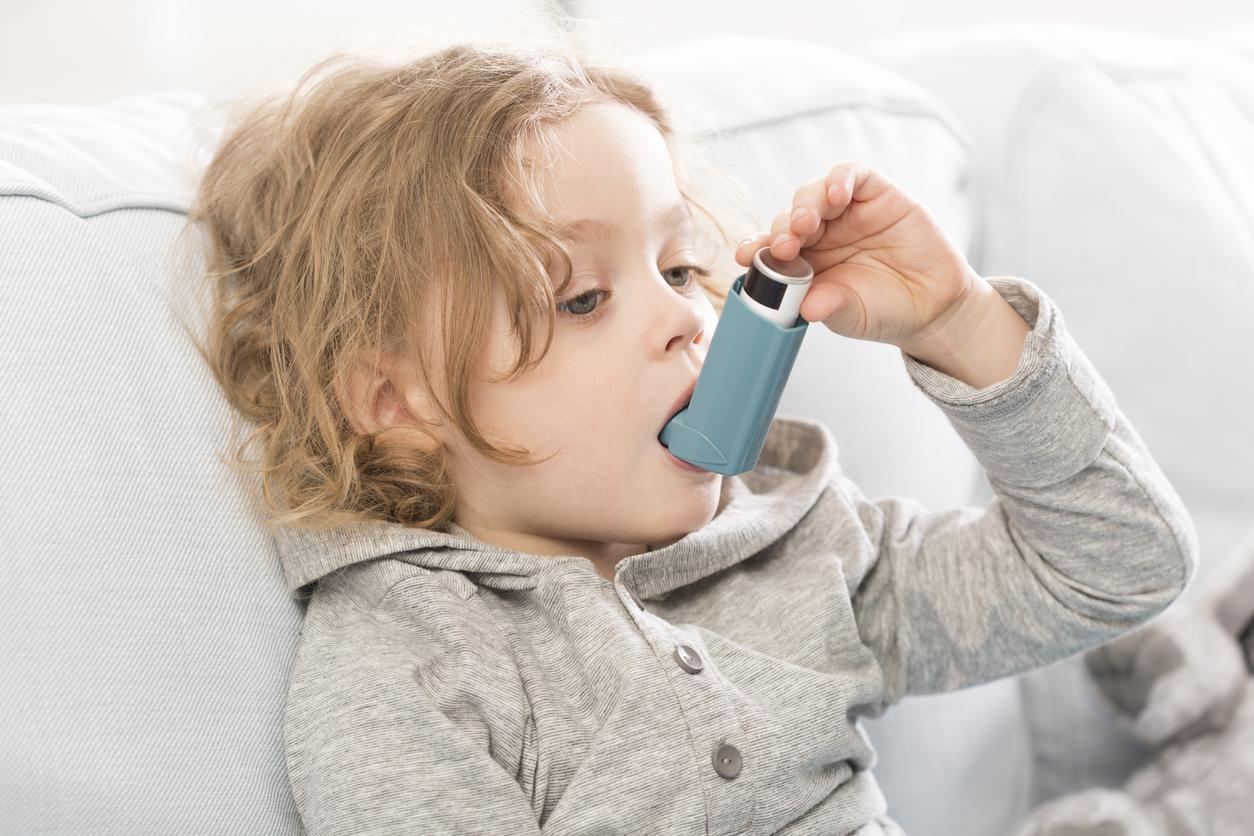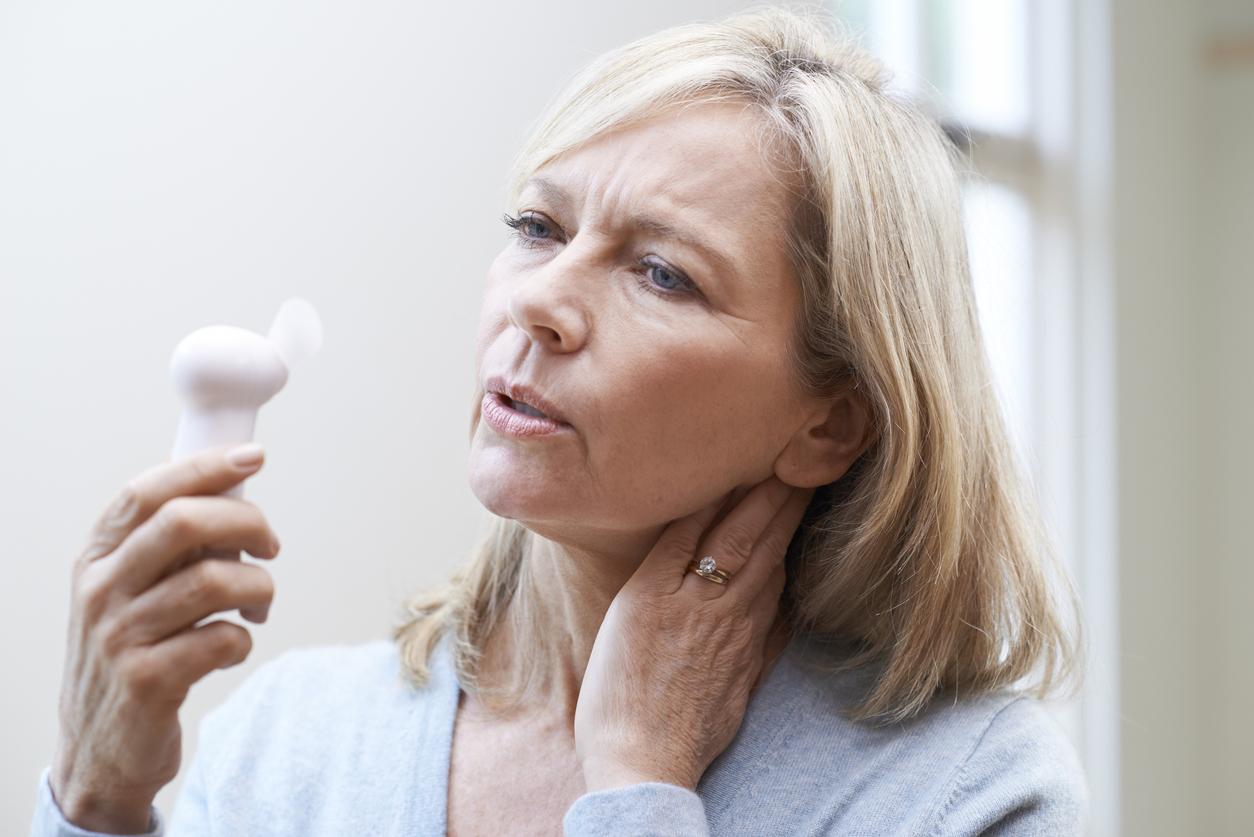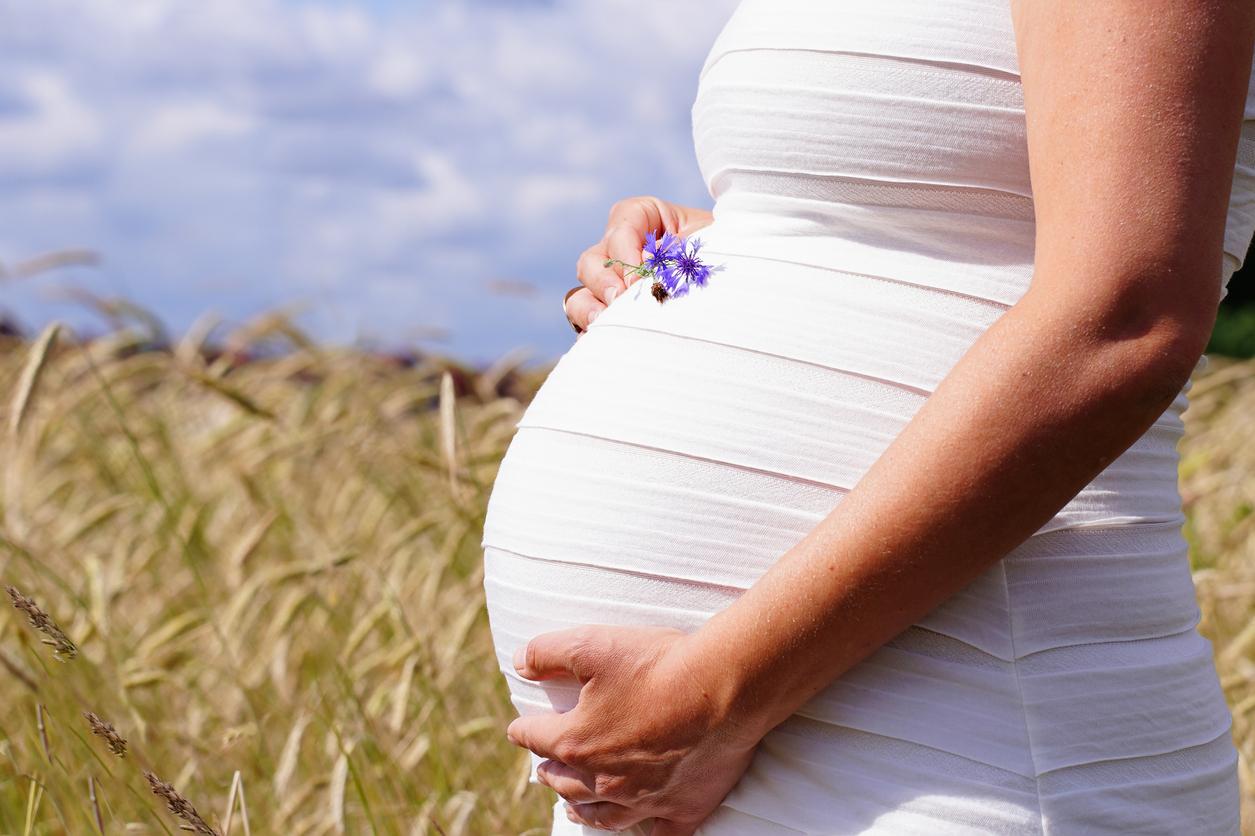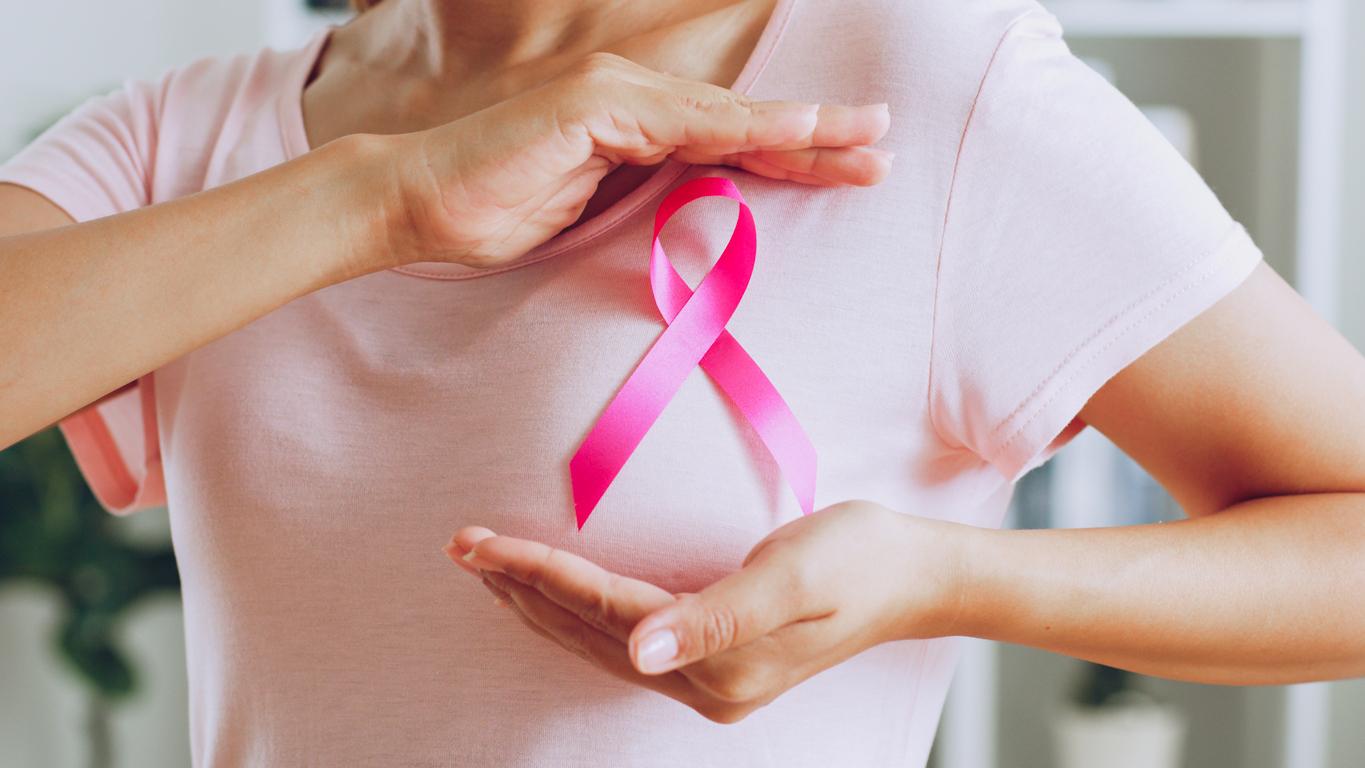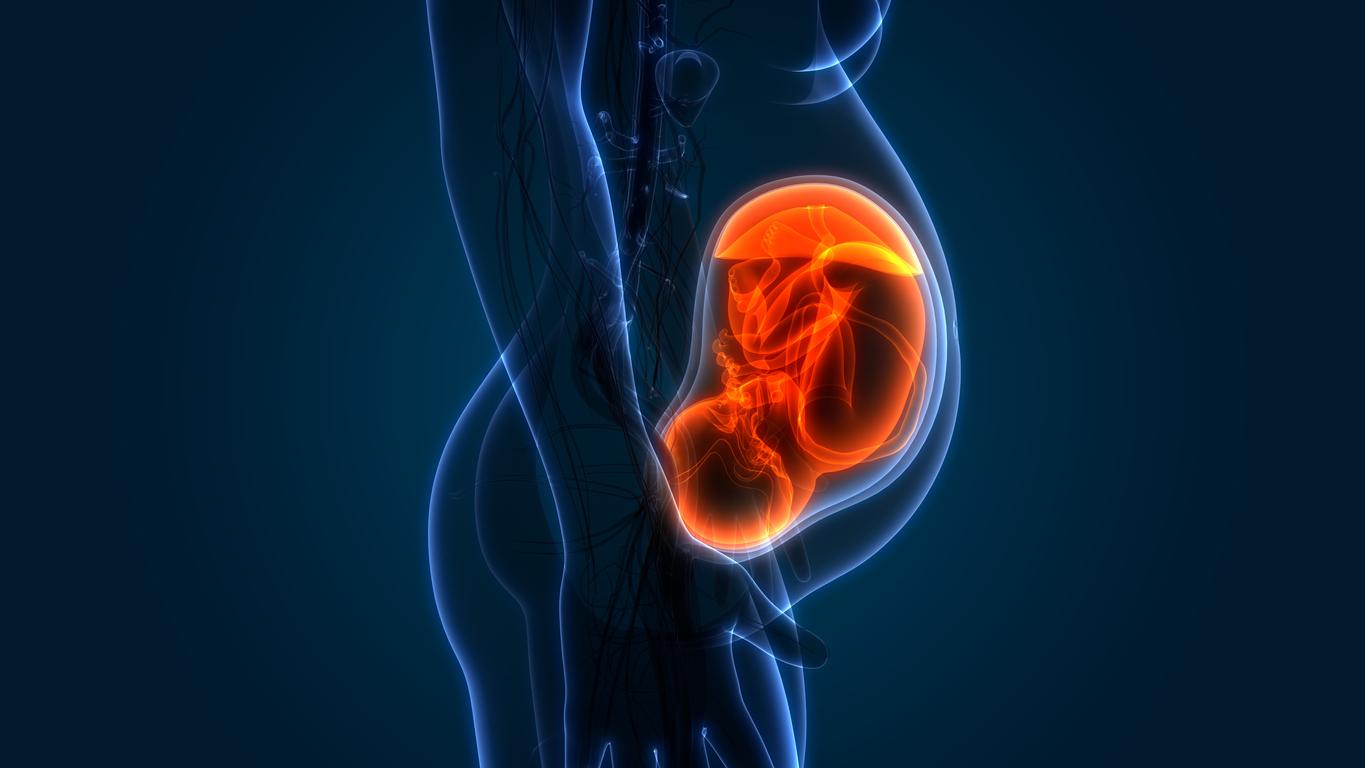A new study highlights the role of natural and synthetic estrogens in increasing the risk of asthma in patients whose age of menopause is later.
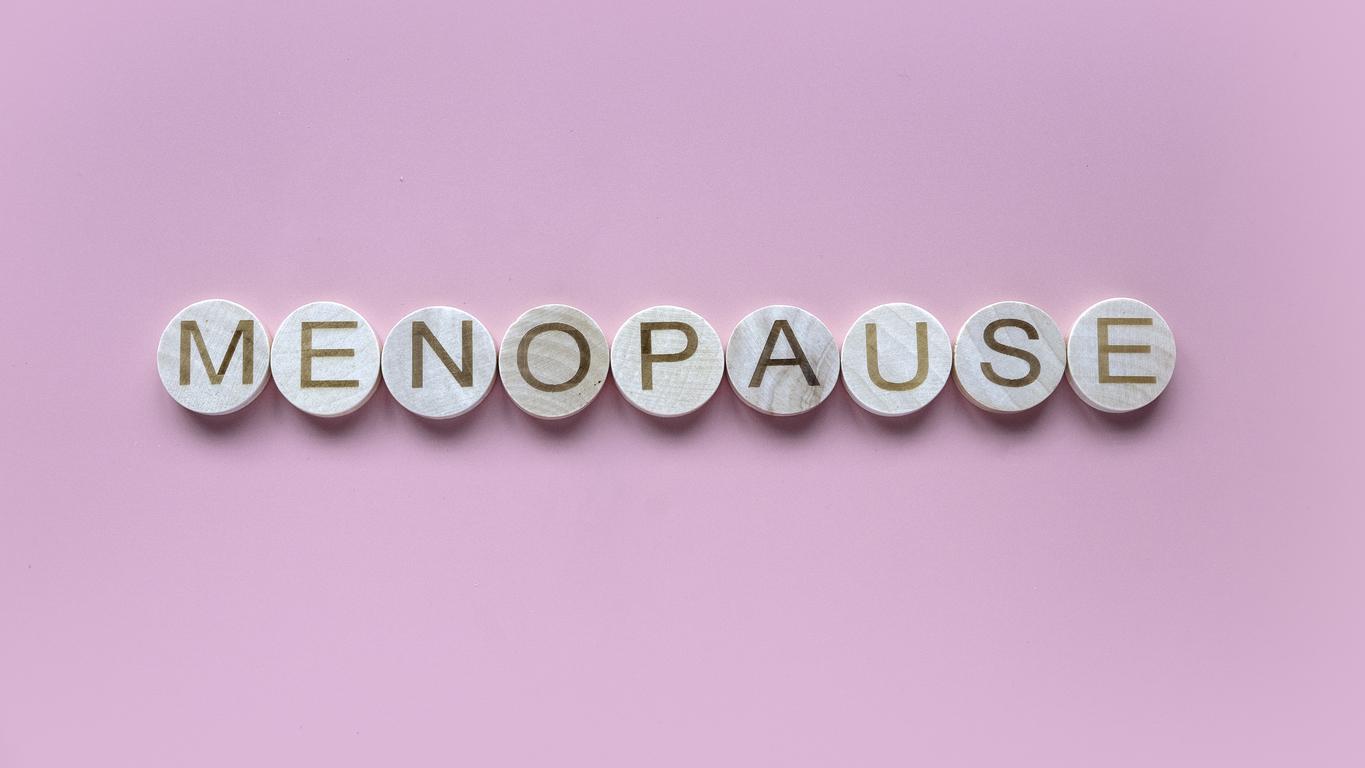
- A 30% reduction in the risk of asthma is observed in women whose age at menopause was 40-44 years compared to those having menopause around 50-54 years.
- “Women using hormone therapy had a 63% increased risk of asthma, while women who stopped hormone therapy were twice as likely to discontinue asthma treatment.”
- According to the authors, clinicians should take this link into account and monitor asthma symptoms in patients with late menopause.
Menopause, resulting in the disappearance of periods, is an important period in the life of all women, because it is associated with major physiological changes. This natural phase, which generally occurs around age 50, is characterized by a loss of ovarian function leading to a decrease in the levels of sex hormones: estrogen and progesterone. Much research has suggested a possible link between asthma and sex hormones. The most notable fact is that this chronic respiratory disease is more common in women than in men. Additionally, female patients tend to have more severe asthma and are less likely to experience remission of the condition.
Early menopause reduces asthma risk by 30%
In a recent study, scientists from York University in Toronto (Canada) wanted to determine whether there was indeed a link between age at menopause and the incidence of asthma among postmenopausal Canadian women. To do this, the team followed more than 14,000 postmenopausal women for 10 years. The work was limited to naturally menopausal women who were non-smokers and did not suffer from asthma before menopause. Age at menopause was examined and categorized: 40-44 years, 45-49 years, 50-54 years and over 55 years.
According to the results, published in the journal Menopausewomen with early menopause (which occurs between ages 40 and 44) have a 30% reduced risk of asthma. On the other hand, those whose menopause occurs late had an increased risk. This led the authors to suggest a role for estrogen in the risk of this respiratory disease. “Natural estrogens and synthetic estrogens, as used in hormone therapy, have similar risk profiles. Women using hormone therapy have been shown to have a 63% increased risk of asthma, while that women who stopped hormone therapy were twice as likely to discontinue asthma treatment,” they explained. A higher body mass index was also found to be a risk factor for women, but not for men, because fat produces estrogen.

“Monitor asthma symptoms” in late menopausal women
In the conclusions, the team says this study highlights gender differences in asthma. “Clinicians should be aware of the link between later age of menopause and high risk of menopause and monitor asthma symptoms in patients in this situation,” declared Stephanie Faubionmedical director of the Menopause Society.









